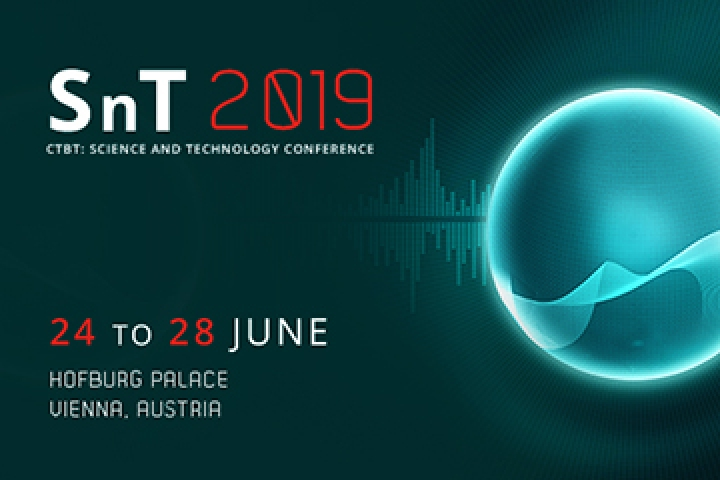Speaker
Description
This project proposal will consider the instrumentalisation of diplomacy through scientific investigation to strengthen support for the Comprehensive Nuclear Test Ban Treaty (CTBT) and its verification regime. It will look at CTBT ratification through a step-by-step, non-traditional security approach by showcasing the International Monitoring System’s (IMS) civilian potential and its benefits to a country’s security objectives, whether it is tsunami warnings off India's southern coast or landslides in the Himalayas. It will involve a demonstration of how states that have pledged to the UN 2030 Agenda on Sustainable Development can be incentivised to translate intent into action by utilising information from the IMS’ radionuclide, hydroacoustic and infrasound technologies for climate change and disaster risk knowledge and monitoring. It will attempt to document learnings and benefits accruing to neighbouring states that host IMS stations on data use for environment and climate change monitoring that are of relevance to India given the geo-physical similarities. The objective reality of the scientific benefits of CTBTO resources for a country's sustainable development goals will be instructive in making the the foreign policies of those that oppose the CTBT more politically aligned with it, with the eventual goal of contributing to narrative change in South Asia.

